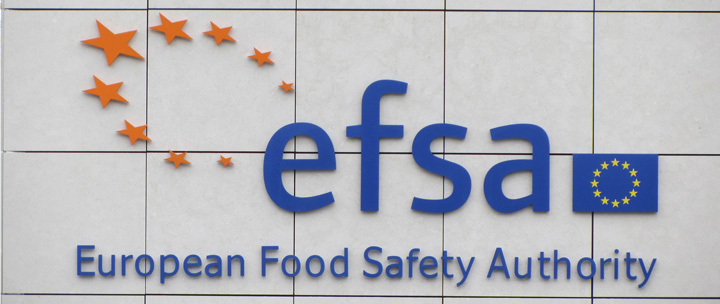
Food Safety Authority's guidelines on long-term GM feeding studies validate Prof Seralini's study, which found serious health effects from NK603 maize.
Seralini validated by new EFSA guidelines on long-term GMO experiments
Comment by Claire Robinson of GMWatch and Earth Open Source, 31 July 2013
The European Food Safety Authority (EFSA) has issued guidelines for two-year whole food feeding studies to assess the risk of long-term toxicity from GM foods.
http://www.efsa.europa.eu/en/efsajournal/pub/3347.htm
This is a fascinating document which largely validates the methodology and choices of Prof GE Seralini in his 2012 study on GM maize NK603 - methodology and choices that EFSA and countless other critics previously attacked him for.
Particular points to note:
1. EFSA admits that "no standardised protocol or guidelines exist for this type of study and [industry] applicants have to adapt protocols" - as Seralini did, too.
2. EFSA says the same strain of rat that was used in the 90-day study on the GM food should be used in the longer study - thus vindicating Seralini's use of the Sprague-Dawley rat, which Monsanto used in its 90-day study on the same maize.
3. EFSA says animals should be fed ad libitum, which Seralini did, but which critics complained made it impossible to measure individual food and water consumption.
4. EFSA admits that you do not necessarily need a narrow and fixed hypothesis and that such a study can be "exploratory", in spite of its previous claim that Seralini's experiment was flawed because it (according to EFSA) didn't have a clear hypothesis or objective.
5. EFSA recommends against using the extra control or "reference diet" groups commonly included by Monsanto in its 90-day studies and fed a variety of supposedly non-GM diets, on the grounds that the concurrent controls are the valid controls AND what is being tested is the difference between the GM variety and the non-GM comparator. Seralini was criticised by many for not including these spurious extra control groups and for thus having "inadequate controls".
6. EFSA cautions strongly AGAINST relying on historical control data and if it is used, restricts it to within 5 years of the current experiment and to the same testing facility. This is a much stricter requirement than industry ever applies; industry uses ancient data from a wide variety of sources.
EFSA says: "The use of historical control data should be considered with caution. The historical controls might not be useful because the incidences of neoplastic (or non-neoplastic) lesions would possibly be from control animals kept on different diets than the diet applied in whole food/feed study, and because the diet itself (high/low fat, type of fat, % of carbohydrate, type of carbohydrate, etc.) can influence the formation of neoplastic or non-neoplastic lesions. Where the diet formulation used in the experiment for the control groups cannot be demonstrated to be equivalent to that used for the generation of historical control data, the inclusion may be considered of an additional control group (as similar as possible to the historical controls), in addition to the concurrent control group(s)."
It's unfortunate that in rightly condemning the use of historical control data, however, EFSA allows in those extra control or "reference" groups that it rightly condemned in point (5) above.
7. EFSA recommends a minimum of 10 animals per sex per group for the chronic toxicity phase, the same number that Seralini used.
8. EFSA recommends housing animals in pairs, as Seralini did, so individual food consumption cannot be measured.
9. EFSA requires an a priori power analysis to ensure appropriate sample size, depending on the effect size that is being looked for. We've never noticed the GM industry doing one of these, resulting in experiments that are virtually guaranteed not to find anything. For Seralini's team's comment on this, see:
http://www.ijbs.com/v05p0706.htm
Overall, we're pleased to see EFSA taking on board our cautionary lessons on spurious "reference" control groups and historical control data (even if in the same document EFSA subsequently allows the use of both!), as well as validating the aspects of Seralini's experiment that he was most criticised for.









